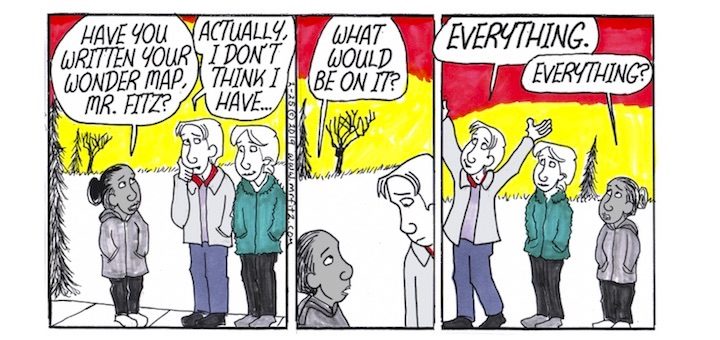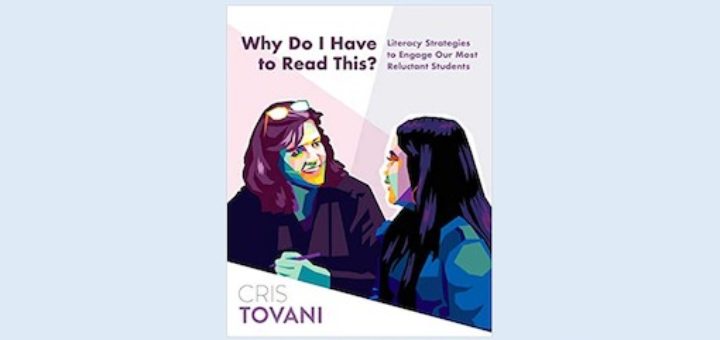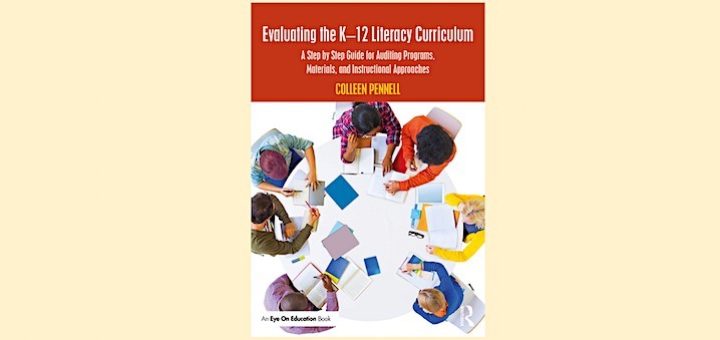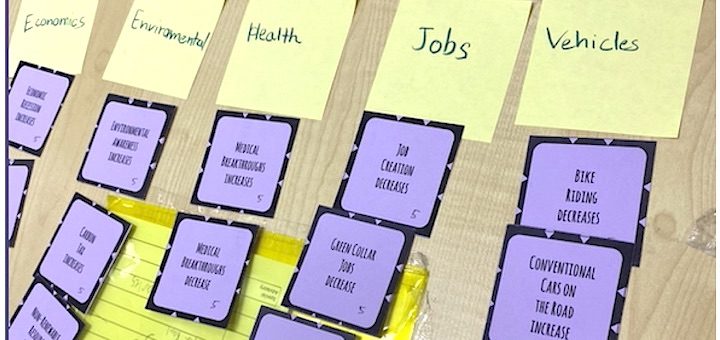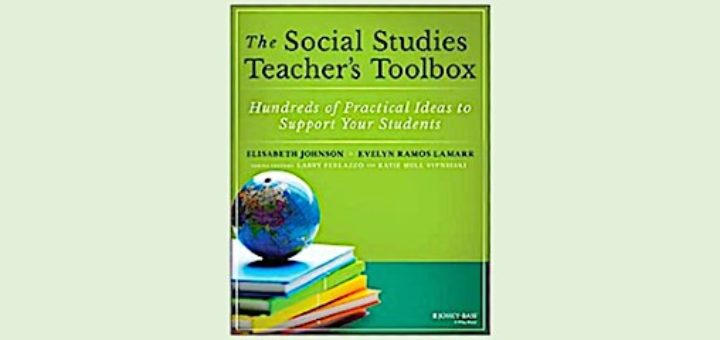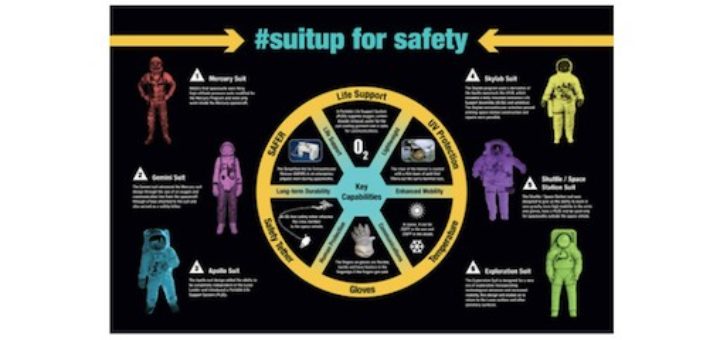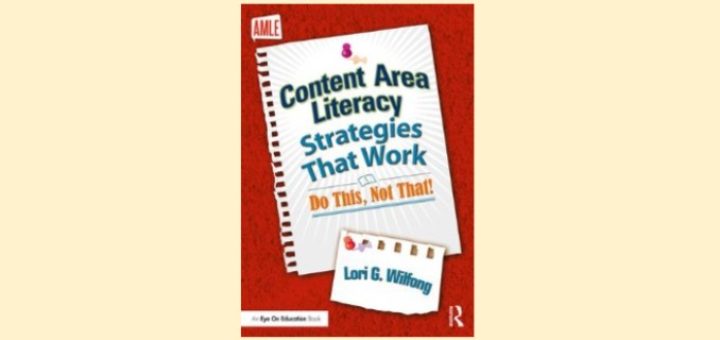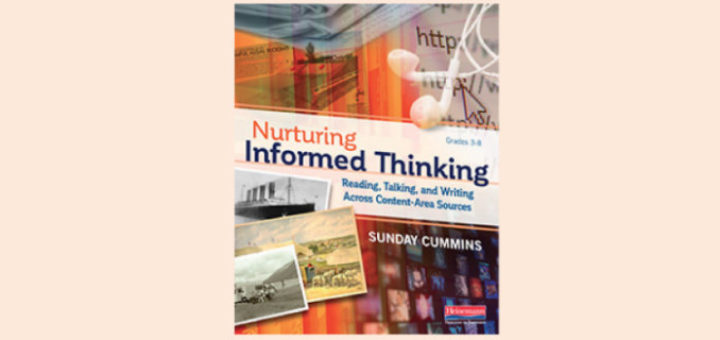Freeing Students to Write What They Know
In an era of ‘writing to text’ and responding to prompts, students may not eagerly respond to our invitations to “write free!” ELA teacher and cartoonist David Lee Finkle uses an interest based mapping strategy to convince his writers they have something worth writing about.

